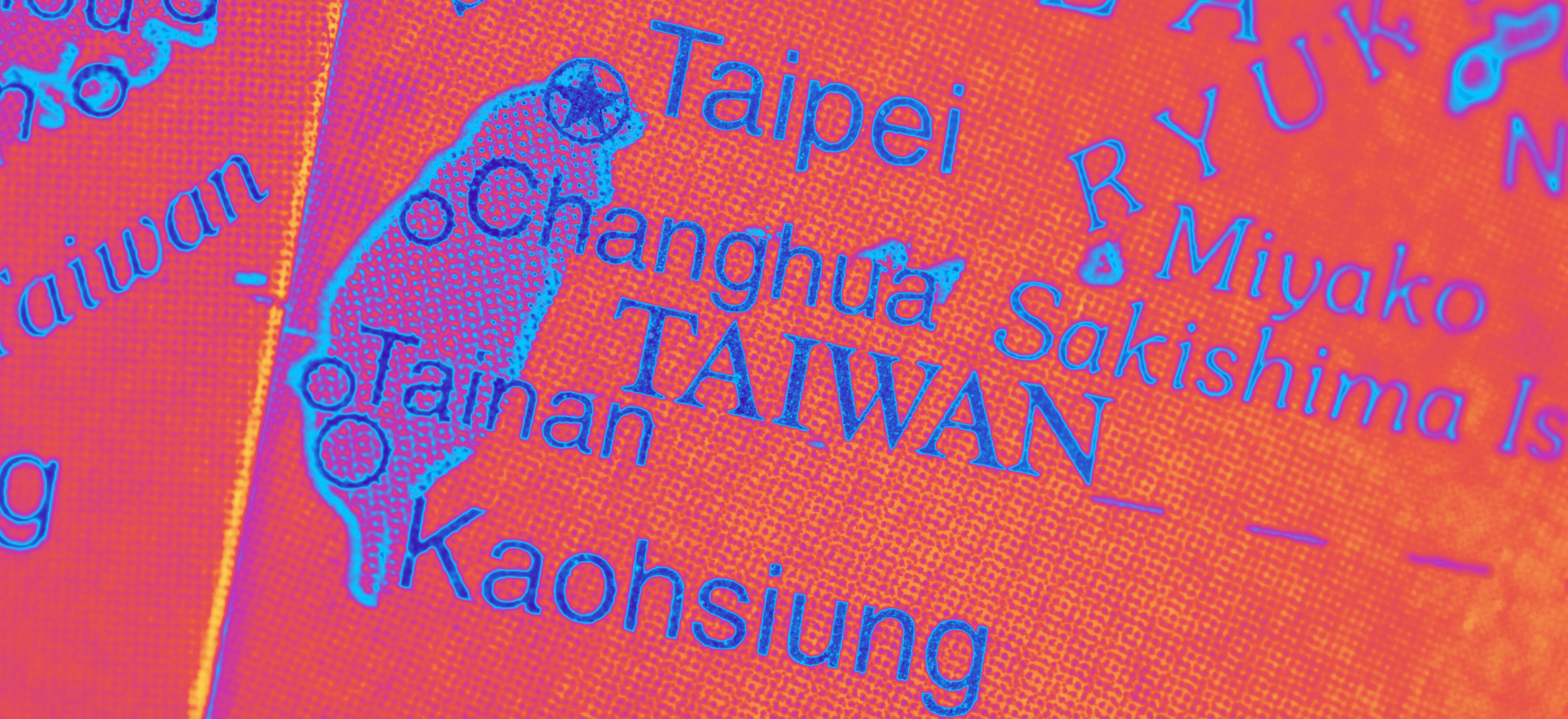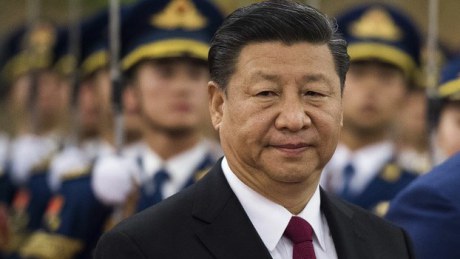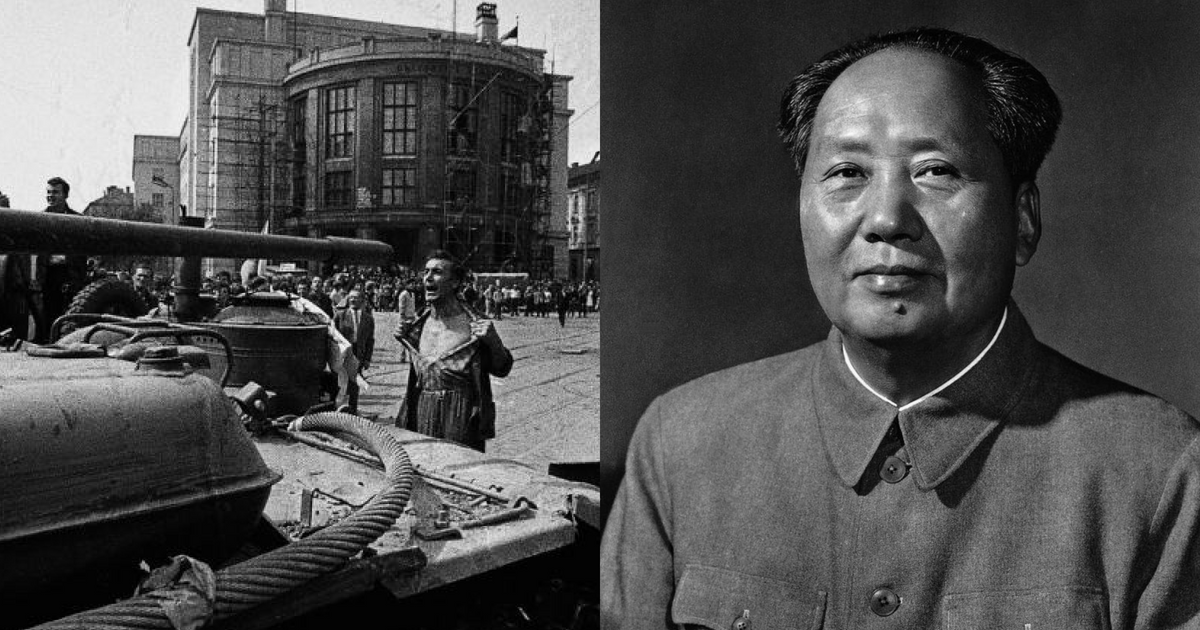Amidst the ongoing debate over Taiwan’s exclusion from the United Nations, a report highlights Poland’s evolving stance and offers recommendations for supporting Taiwan’s meaningful participation in international organizations.
At the 78th session of the United Nations General Assembly, which began on September 5th, one issue came back like a boomerang: the exclusion of Taiwan from the international body Even though the communists won the Chinese Civil War and established the People’s Republic of China (PRC) on the mainland in 1949, the authorities of the Republic of China (ROC)—based in Taiwan ever since—managed to keep China’s seat at the UN for the next two decades. However, coinciding with the “ping pong diplomacy” and Sino-American rapprochement, the UN General Assembly passed Resolution 2758 in 1971 which gave the seat to the PRC and clarified that from then it was “the only legitimate representative of China to the United Nations.” Concurrently, the “representatives of Chiang Kai-shek”, a reference to the ROC, were expelled from the organization.
In its official narrative, China has also linked this UN Resolution with Beijing’s “one China principle”, according to which “There is but one China in the world, Taiwan is an inalienable part of China’s territory, and the Government of the People’s Republic of China [PRC] is the sole legal government representing the whole of China.” Taipei has accused Beijing of “intentionally misinterpreting” the 1971 UN resolution as it does not define the status of Taiwan. In fact, the resolution does not even mention “Taiwan” or “the Republic of China”.
For decades, Taiwan has been trying to rejoin or gain “meaningful participation”, in the United Nations and its agencies. The most well-known case is Taipei’s exclusion from the World Health Organization (WHO), even though Taiwan was believed to be one of the most successful countries in dealing with the COVID-19 pandemic. Nevertheless, Taipei has been blocked from participating in the WHO and other UN bodies despite support from the United States, all G7 economies, and a long list of democratic partners. This ostracism—which serves as an example of China’s far-reaching influence within the UN—has been part of Beijing’s grand coercive strategy aimed at limiting Taiwan’s international presence and its contribution to the global community.
In their report, Dr. Antonina Luszczykiewicz—a research fellow at CEIAS—and Dr. Patrick Mendis analyze the challenges and opportunities of supporting Taiwan’s meaningful participation in international organizations (IOs) from the perspective of Poland. Warsaw’s lack of recognition of the ROC since 1949—when the Polish communist government established diplomatic relations with the PRC—kept the development of Poland-Taiwan relations legally and politically constrained until the collapse of communism in Poland in 1989. Even later, democratic Poland decided to prioritize relations with China over Taiwan, particularly in the economic dimension. However, the democratic Republic of Poland—having initially confirmed its adherence to the “one China principle” in 1997—leaned toward a more ambiguous ”one China policy” (which does not recognize Taiwan as part of the PRC) around the time that Warsaw was preparing to join the European Union in 2004.
It seems, however, that disappointment with Chinese investment, the colossal trade imbalance between Beijing and Warsaw, and China’s support for Russia in its war against Ukraine have finally encouraged the Polish authorities to consider developing closer relations with Taipei. Even though Poland is not as vocal in its support for Taiwan as neighbouring Lithuania or the Czech Republic, one can observe certain pro-Taiwan shifts from Warsaw in recent years, particularly in terms of legal cooperation, parliamentary exchanges, and university and research collaboration, including the field of semiconductors. In terms of supporting Taiwan’s presence in IOs, two important committees of the Polish Senate—the upper house of the Polish parliament—passed a resolution on July 20th 2022 which claimed that the representatives of Taiwan should be permitted to participate in the work of the World Health Assembly (WHA) on an expert level.
Based on an analysis of a wide range of political, diplomatic, military, security, and economic factors, the authors of the report also stress that evolving Polish-Taiwanese relations cannot be understood without taking into consideration the emerging dynamics of economic competition and political rivalry between China and the United States. American laws regarding Taiwan—such as the Taiwan Relations Act (TRA) of 1979 and the Taiwan Allies International Protection and Enhancement Initiative (TAIPEI) Act of 2019—have consequences for the evolving Polish-Taiwanese bilateral relationship, especially in terms of Taiwan’s desire to engage more in the international community.
The authors conclude that the preservation of the current liberal world order is in Poland’s best national security interest. Therefore, the presence of democratic Taiwan in IOs is beneficial to Poland. This is particularly justifiable in the context of the “no-limits” Sino-Russian pact of 2022 and the challenges to keeping the world safe for democracies, including Ukraine and Taiwan. At the same time, it should be Warsaw’s priority to maintain peace in the Taiwan Strait. Any disruption of stability across this area would be a disaster to the world economy, including Poland’s.
For clarity, the authors of the report divided their recommendations to Polish policymakers into two categories: IOs and Polish-Taiwanese relations. In terms of meaningful participation in IOs, Poland should:
- Clarify its official position on the “one China policy” to avoid further confusion with the “one China principle” that Beijing advocates around the world through its informational warfare and wolf-warrior diplomacy. Similar to the European Union and the United States, Poland should particularly insist on using the proper lexicon, not those coined by the Chinese Ministry of Foreign Affairs (MFA), when commenting on, and writing about, Poland’s position regarding Taiwan.
- Support Taiwan’s meaningful participation in, and contribution to, Promote a) Taiwan’s full membership in IOs where statehood is not required, and b) support Taiwan’s associate membership or observer status where statehood is required.
- Follow closely and engage actively in the European Union’s policies toward Taiwan and the EU’s support for the Taipei government to participate meaningfully in and contribute to IOs.
- Engage with like-minded democratic countries to support Taiwan’s meaningful participation in IOs in a substantive—not simply symbolic—manner while highlighting Taiwan’s practical contributions to the well-being of the global community. For instance, Warsaw should convince other countries that Taiwan should be granted observer status in the WHA, the International Civil Aviation Organization (ICAO), and the International Maritime Organization (IMO) because the island-nation has contributed globally to fighting the COVID-19 pandemic as well as maintaining and improving safety measures in civil aviation and at sea. Therefore, Poland should be a promoter of sharing the global commons for human progress while supporting Taiwan’s presence on international forums and highlighting Taipei’s past and potential future contributions to other countries and the global economy.
- Share information with Taiwan informally but regularly about the proceedings of the WHA, ICAO, IMO, and other international organizations. Poland would then be recognized as a responsible global stakeholder and facilitator as Warsaw will assist Taipei in following international standards of quality and common welfare in aviation, maritime security, food safety, climate change, intellectual property, science, and education, among others.
- Act as a champion of democracy by leading Central and Eastern European states to support Taiwan and join the club of powerful “friends” of Taiwan, such as Japan and the United States. In addition, Poland should serve as the cheerleader for its neighboring democracies—particularly the two Visegrad Group (V4) members (the Czech Republic and Slovakia) as well as the Baltic states (particularly Lithuania)—to voice greater support for Taiwan and take joint measures which would protect these democracies from Beijing’s coercive actions.
- Collaborate with NATO and its member states to monitor Beijing’s challenges and threats against the security and stability of the Taiwan Strait. Warsaw should support international initiatives aimed at keeping peace and ensuring that there is no forceful and unilateral change to the status quo in the Taiwan Strait.
- Maintain and develop further cooperation with Taiwan for humanitarian aid to Ukraine, showcasing Warsaw’s solidarity with other democracies and resistance against authoritarianism and territorial aggression.
- Work with the Vatican—one of Taipei’s remaining 13 “diplomatic allies”—to convince other countries with large Catholic communities to extend their endorsement for Taiwan’s meaningful participation in, and contribution to, IOs.
- Support Taiwan officially when legally possible while maintaining and developing unofficial support to illustrate Warsaw’s penchant for the status quo in Taiwan Strait relations which precludes China from isolating Taiwan or derailing its relations with other countries.
In terms of Poland-Taiwan relations, Warsaw should:
- Acknowledge and respect the common aspirations of Taiwan people and refrain from denying or taking sides on the statehood of Taiwan, while focusing on mutually beneficial substantive cooperation.
- Initiate and develop cooperative relations by supporting Taiwan’s international presence through the vibrant Polish and Taiwanese communities in the United States. Chicago, for example, would be a pilot candidate for such initiatives, as this metropolitan area is the largest “Polish” city outside Poland, with approximately two million people of Polish origin.
- Promote exchanges between high-ranking government officials in Warsaw and Taipei. Similar to other Taiwan-friendly countries, like the Czech Republic and the United States, Poland may consider sending legislative leaders to Taiwan. Such leaders include the Speaker of the Sejm (Marszalek Sejmu) and the Speaker of the Senate (Marszalek Senatu)—which are the second and third most important positions in the Polish government after the president—as well as high-level officials in the executive branch. In turn, Poland should invite more Taiwanese officials to visit Warsaw. This would send a clear signal to like-minded countries and encourage them to emulate Poland’s leadership.
- Maintain and develop cooperative links with Taiwan on the parliamentary and city level while expanding the list of Polish sister-city partnerships with Taiwan’s municipalities.
- Include Taiwan in mainstream political debates in Poland, ensuring a lasting all-party consensus in supporting Taiwan’s meaningful participation in, and contribution to, IOs to advance Poland’s national interests and democratic values.
- Enhance economic cooperation with Taipei by carrying out promotional and marketing campaigns across Taiwan to attract more investors and high-tech companies to Poland while increasing and diversifying Polish exports to the island.
- Activate the initiative of regular flight connections between Poland and Taiwan, especially Warsaw-Taipei or Krakow-Taipei, based on the existing agreement of 2015, to enhance tourism.
- Enhance further scientific, academic, student, and cultural exchange programs and joint projects between Poland and Taiwan.
- Initiate an educational campaign at Polish schools to highlight the importance of Taiwan, its history, and culture. This would help to combat Chinese misinformation campaigns regarding the “(re)unification” of China and Taiwan being considered as a “renegade province” of the PRC.
- Support research initiatives on Poland-Taiwan relations at academic institutions and independent think-tanks. Promote English-language publications of expert analyses and public commentaries for international audiences and promote Polish-language publications to foster greater knowledge among Polish people.
This article is based on the report Taiwan’s participation in international organizations: The current position of Poland and its possible ways of supporting Taipei by authors and originally published by the University of Warsaw.







